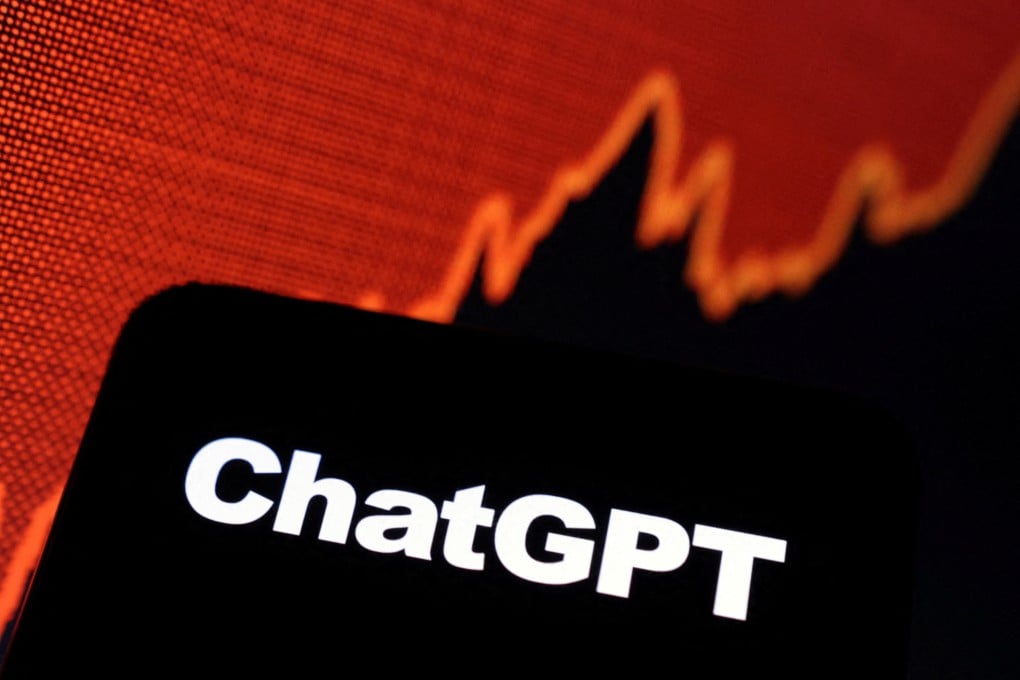ChatGPT users in China test AI chatbot’s limits, but some worry about future job security
- Chinese netizens have been producing professional content with ChatGPT, although OpenAI has not made its service available in the country
- Analysts and ChatGPT itself agree that AI is not ready to take over for humans, but that has not stopped concerns about job automation

Amid growing hype around OpenAI’s technology, investors have ploughed money into any company remotely linked to ChatGPT-like services. Shenzhen-listed Hanwang Technology, which develops “neuro-linguistic programming”, saw its stock price double in the last eight trading days. Shares of Hong Kong-listed Zhihu, a Quora-like question-and-answer platform, jumped 40 per cent on Wednesday based on speculation that its data might enable a service like ChatGPT.
Third-party apps on various Chinese platforms have made ChatGPT accessible to a population that otherwise might not be able to use it, as OpenAI blocks Chinese phone numbers and IP addresses from being used to create accounts. As a result, professionals and the general public alike have flooded the service with their own prompts to test the AI’s wisdom.
Analysts with Caitong Securities published a report on the cosmetic surgery industry that was written by ChatGPT in an hour. The 6,500-word analysis touched on the definition, history, market value and regulations of the industry.
ChatGPT “is relatively good at text expression and writing titles” but “has made obvious mistakes in punctuation and terminology”, Caitong analyst Liu Yang said.
He made the comment after asking the bot whether Huawei or Xiaomi smartphones were better. The machine listed the advantages of each brand, such as the cameras and battery life of Huawei phones, and the price of Xiaomi devices. However, it emphasised that it depends on user preferences.
Domestic media Hongxing Xinwen on Tuesday used ChatGPT to interview itself. The bot was prompted to “please list five questions to interview an AI company”, and it was followed up with a Q&A.